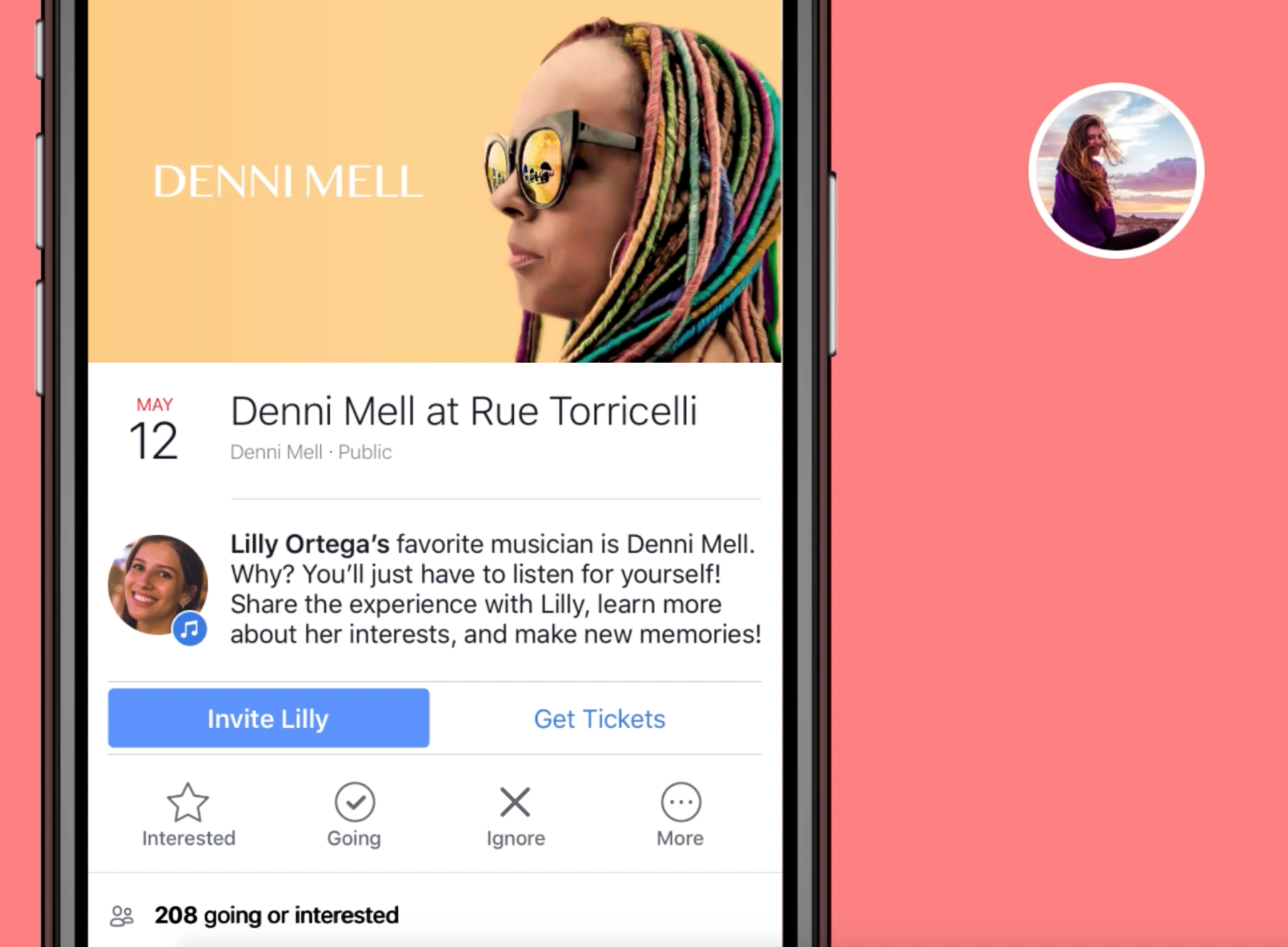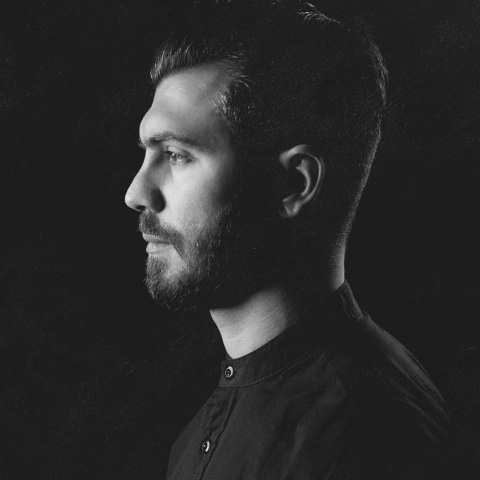The previous mission statement had one major shortcoming: it didn’t push for any specific positive outcome from more connection.
Technically, that mission could include a lot of negative implications. For one, election meddling could certainly be considered as one way of making the world more open and connected. So is replacing in-person friendship for hollow online acquaintanceship.
The new mission statement — “Give people the power to build community and bring the world closer together” — indicates Facebook is drawing a distinction between real, human connection and the online connections that have proven to make people feel worse.
Facebook is already starting to move in this direction. In January, Zuckerberg announced in a post that Facebook would modify its Newsfeed algorithm to include more content from friends and family, and less content from publishers.
However, Zuckerberg also admitted that reorienting to well-being would “take months for this new focus to make its way through all our products.”
In the meantime, while you wait for the gradual improvement of Facebook, I asked the designers at my design firm MSTQ how Facebook could be redesigned to help people form and maintain real relationships.
Here’s what we came up with:
Redesigning Facebook Events
Ironically, if Facebook wants to be a means for enabling real human connection, it needs to be designed to get you off of it — as a facilitator of offline interactions. Here’s why.
According to Roy Baumeister and Mark Leary, eminent social psychologists, there is a universal yearning in all humans to feel a sense of belonging — that is, to form sustainable relationships with significant, supportive others.
But simply sharing updates on Facebook doesn’t guarantee a sense of belonging, especially if it’s not directed towards real friends and family. So how might Facebook, continuously reinforce relationships through frequent, affectively positive social interactions?
One way to do that is by redesigning the events feature.
Rather than exclusively surfacing events to you that align only with your own personal interests, what if Facebook also suggested events that align with the interests you share with your friends — and then encouraged you to invite them to share the experiences together?
More, just as much as Facebook knows how you relate with your friends, it also knows where your interests overlap.
What if Facebook used this insight to help you continuously learn about your friends’ evolving interests, and suggested opportunities through which you and your friends’ separate interests might become shared?
Here’s what that could look like, as demonstrated by the interactions of two fictional friends ahead of an upcoming concert:


